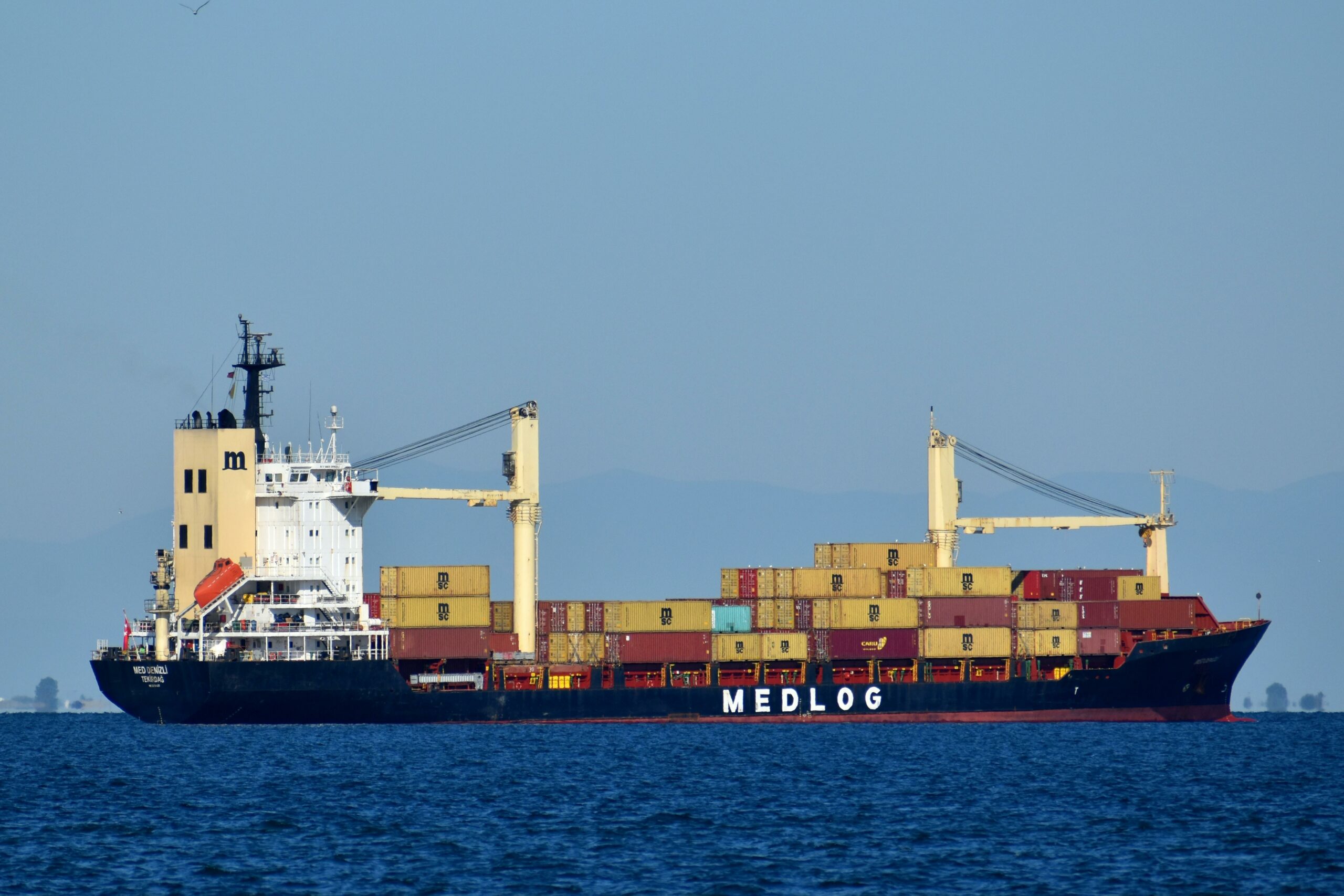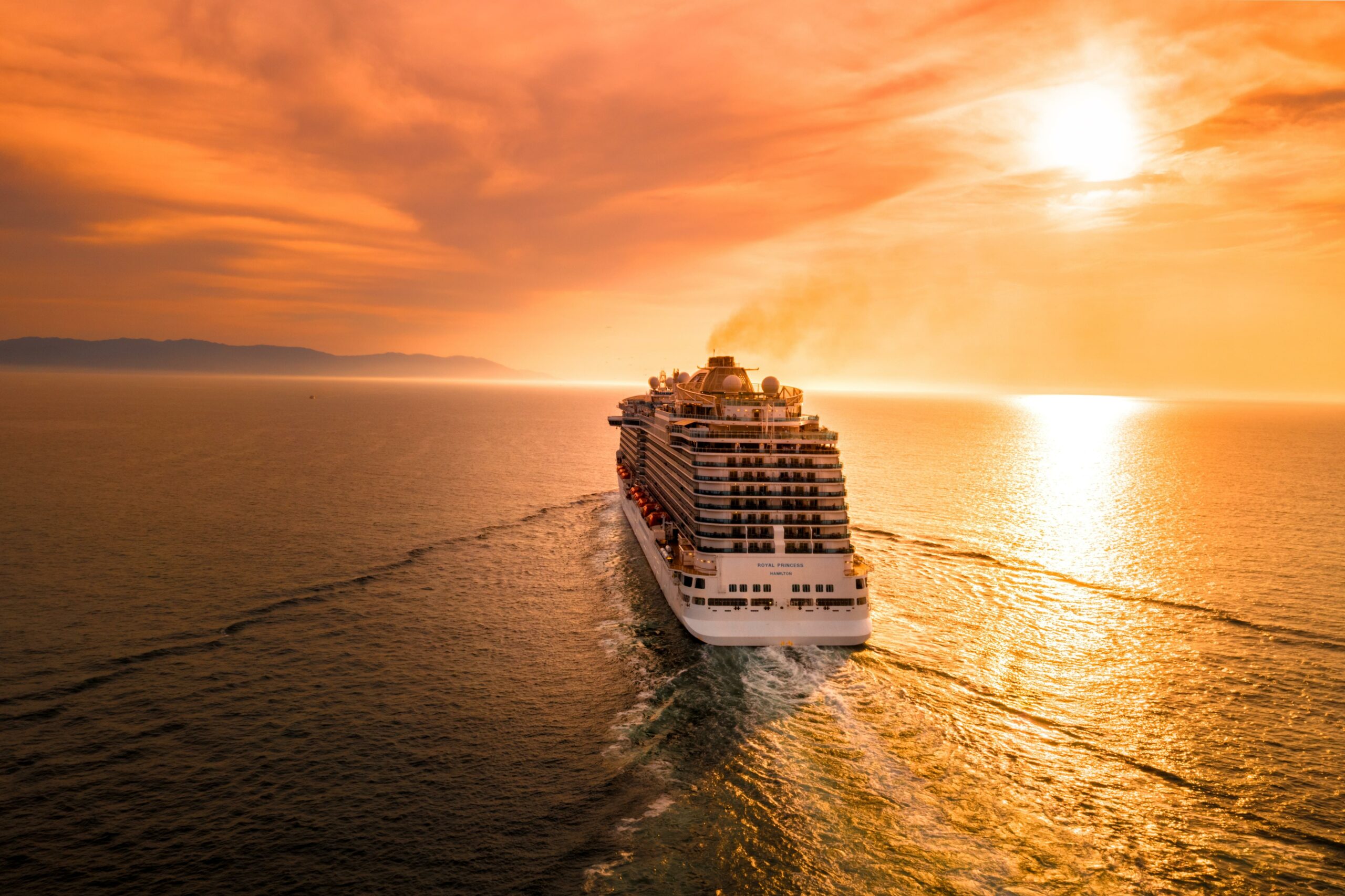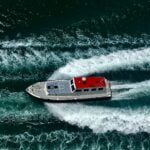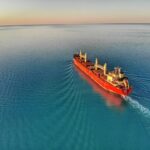In this comprehensive guide, we will journey into the fascinating world of diverse ship categories, exploring the vast array of vessels that grace our seas and waterways. From majestic passenger ships and hardworking cargo vessels to formidable naval warships and cutting-edge offshore platforms, each category holds its unique charm and purpose. Prepare to embark on a captivating exploration of ship design, construction, and operations as we delve into the intricate details of these impressive marvels of engineering and innovation. Join us as we navigate through the deep blue and uncover the wonders that lie within the diverse realm of ships.

Diverse Categories of Ships
In the vast landscape of maritime industry, ships are classified into various categories based on their purpose, design, and functionality. From hauling massive cargo to providing luxurious travel experiences, each ship category serves a unique role in the global transportation network. In this comprehensive guide, we will embark on a journey to explore the diverse world of ships, delving into their classifications, characteristics, and significance.
Container Ships: Empowering Global Trade
Container ships, often referred to as the workhorses of international trade, play a pivotal role in facilitating the movement of goods across the globe. These mighty vessels are specially designed to transport standardized shipping containers, enabling efficient loading, unloading, and transportation of cargoes. With their immense carrying capacity, container ships contribute to the seamless functioning of supply chains, ensuring the availability of goods on a global scale.
Pros
– Efficient and standardized transport of goods.
– Facilitates multimodal transportation.
– Enhances speed and reliability in supply chains.
Cons
– Environmental concerns due to emissions.
– Vulnerable to piracy in certain regions.
Container ships revolutionized the shipping industry by introducing a system of standardized containers, enabling the smooth flow of goods and revolutionizing global trade. These behemoths of the sea continue to shape the world economy with their efficient operations.
Bulk Carriers: Carrying the Lifeblood of Industries
Bulk carriers are the backbone of the mining and commodity industries, transporting items like coal, grain, and ores in large quantities. These versatile vessels are designed with massive cargo holds and specialized mechanisms for safe and efficient loading and unloading. With their ability to navigate into ports where more specialized vessels may struggle, bulk carriers ensure the steady supply of essential resources to industries worldwide.
Pros
– Crucial for global resource supply chains.
– Versatile in terms of cargo types.
– Cost-effective transportation of bulk materials.
Cons
– Susceptibility to cargo shifting or liquefaction.
– Can be challenging to maneuver in certain conditions.
Bulk carriers serve as the lifeline of industries, transporting the essential resources needed for economic growth and development. Despite the challenges they face, these vessels contribute significantly to sustaining global supply chains.
Tanker Ships: Safeguarding Energy Supply
Tanker ships are entrusted with the responsibility of transporting large quantities of liquid cargoes, primarily petroleum products, crude oil, and liquefied natural gas (LNG). These specialized vessels boast robust safety measures, such as double hulls and advanced navigation systems, to ensure the secure and efficient delivery of hazardous substances. Tanker ships play a critical role in securing energy supply chains and satisfying the global demand for petroleum products.
Pros
– Vital for global energy distribution.
– Implements stringent safety measures.
– Enables long-distance transportation of liquid cargoes.
Cons
– Environmental risks in case of accidents or spills.
– Vulnerable to piracy and security threats.
Tanker ships navigate the treacherous oceans, safeguarding the energy supply chain that fuels the world. Their specialized design and strict adherence to safety regulations ensure the safe transportation of liquid cargoes, vital for economic growth and development.
Passenger Ships: Luxury on the High Seas
Passenger ships offer a world of opulence and adventure, promising unforgettable experiences on the high seas. From luxurious cruise liners to high-speed ferries, these vessels are meticulously designed to provide comfort, entertainment, and world-class hospitality. Whether it’s exploring exotic destinations or embarking on a transatlantic journey, passenger ships create memories that last a lifetime.
Pros
– Provides unparalleled travel experiences.
– Offers a wide range of onboard amenities.
– Connects people and cultures across the globe.
Cons
– Susceptible to outbreak of communicable diseases.
– Environmental considerations due to emissions and waste.
Step aboard a passenger ship and immerse yourself in a world of luxury and adventure. These floating marvels not only transport passengers but also serve as floating resorts, connecting people and cultures as they sail across the seas.
Naval Ships: Safeguarding the Seas
Naval ships are the guardians of nations’ maritime borders and serve a crucial role in defense and security operations. From aircraft carriers to destroyers, these vessels are purpose-built to protect and deter potential threats. Equipped with advanced weaponry, surveillance systems, and sophisticated technology, naval ships ensure the safety and sovereignty of nations both in times of peace and during conflicts.
Pros
– Vital for national defense and security.
– Possesses advanced naval warfare capabilities.
– Enhances deterrence and projection of power.
Cons
– High acquisition and maintenance costs.
– Requires highly trained personnel.
Naval ships stand strong and proud, serving as a symbol of a nation’s strength and determination. These formidable vessels play a crucial role in safeguarding the seas, ensuring the security and well-being of nations.
Offshore Ships: Conquering Harsh Environments
Offshore ships navigate the challenging waters of offshore oil and gas fields, supporting exploration, production, and maintenance activities. From supply vessels to Floating Production Storage and Offloading (FPSO) units, these specialized ships provide essential services to the offshore energy industry. With their ability to withstand harsh weather conditions and carry out complex operations, offshore ships are the lifeline of offshore installations.
Pros
– Enables offshore energy exploration and production.
– Supports complex maintenance and repair operations.
– Enhances safety and efficiency in offshore environments.
Cons
– Exposure to unpredictable weather conditions.
– Requires specialized crew and equipment.
Offshore ships conquer the turbulent waters of offshore fields, supporting the exploration and production of energy resources. These mighty vessels play a crucial role in ensuring the uninterrupted supply of energy to meet the world’s growing demand.
Special Purpose Ships: Tailored Solutions for Unique Needs
Special purpose ships encompass a wide range of vessels designed for specific tasks and industries. From research vessels to salvage ships, livestock carriers to timber carriers, these ships cater to niche requirements and serve unique purposes. Each special purpose ship is tailored to meet the precise needs of the industry it serves, showcasing the versatility and adaptability of ship design and construction.
Pros
– Tailored solutions for specific industries.
– Enhances operational efficiency and safety.
– Facilitates specialized tasks and operations.
Cons
– Limited versatility for other applications.
– Requires specialized expertise and training.
Special purpose ships are the embodiment of versatility, catering to unique industries and tasks. Through their specialized design and capabilities, these vessels provide tailored solutions, enabling industries to thrive in their respective domains.
Closing Thoughts
From hauling goods to safeguarding energy supply, enriching travel experiences to defending nations, ships of diverse categories play an integral role in shaping the world we live in. Each vessel represents a unique blend of engineering expertise, industry knowledge, and operational excellence. As we continue to explore the ever-evolving landscape of shipbuilding, let us appreciate the remarkable diversity and significance of these mighty vessels on our journey to a maritime future.
Note: This comprehensive guide provides an overview of the diverse ship categories, but to delve deeper into specific ship types and classifications, additional resources such as marineinsight.com and britannica.com offer valuable in-depth information.
Ships have been an integral part of human civilization for centuries, serving various purposes ranging from exploration to transportation of goods. If you’re curious to delve deeper into the fascinating world of maritime vessels, you should definitely check out our comprehensive guide on types of ships. Whether you’re interested in the massive bulk carriers that transport commodities across oceans or the sleek and nimble frigates used by naval forces worldwide, this resource covers it all. So why wait? Click here to explore an array of ship categories and learn about their unique features and functionalities: Types of Ships.
FAQ
Question: What are the different categories of ships?
Answer: Ships are classified into several broad categories, including Container Ships, Bulk Carrier, Tanker Ships, Passenger Ships, Naval Ships, Offshore Ships, and Special Purpose Ships. There are also several subcategories, such as cargo carriers, passenger carriers, industrial ships, service vessels, and noncommercial miscellaneous.
Question: Where can I find more information on ship classification?
Answer: For more information on ship classification, you can visit marineinsight.com and britannica.com. These sources provide valuable insights into the various types and classifications of ships.
Question: Are there specific types of ships within each category?
Answer: Yes, ships are further classified into various types. Some examples include research vessels, salvage vessels, livestock carriers, tenders, and timber carriers. The list of ship types is extensive and also includes historical ship types.
Question: How important are safety tools for ships?
Answer: Safety tools are essential for boats and ships to ensure their safety at all times. These tools help in preventing accidents, ensuring the well-being of crew members, and complying with safety regulations.
Question: How many types of ships are there?
Answer: There are 11 different types of ships, including Passenger Ships, Tanker Ships, Container Ships, Naval Ships, Special Purpose Ships, and more. Each type has its own unique characteristics and functionalities.












